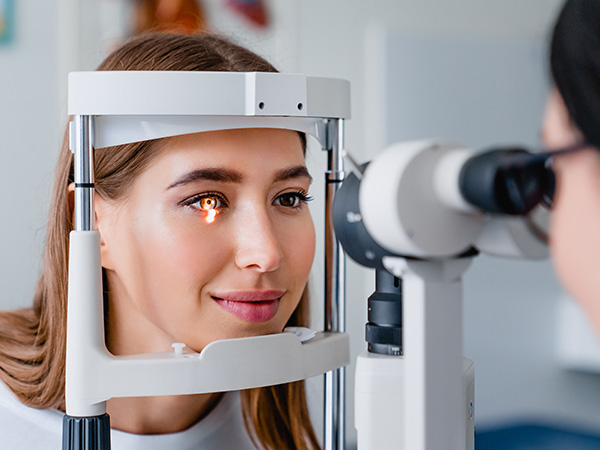
Sunglasses aren't just a stylish accessory, they’re a crucial part of protecting your eye health. While most of us remember to put on sunscreen to protect our skin, it’s just as important to shield our eyes from the sun’s damaging rays. Not all sunglasses are created equal, and choosing the right pair can make a significant difference in your long-term vision health.
The Hidden Dangers of Sun Exposure
The sun’s ultraviolet (UV) rays, specifically UVA and UVB, can cause serious harm to your eyes over time. Extended UV exposure has been linked to several eye conditions, including:
Photokeratitis: A painful, sunburn-like condition on the surface of the eye, often caused by extended UV exposure (like a day on the water or snow).
Cataracts: UV radiation can accelerate the development of cataracts, which cloud the lens of the eye and cause vision loss.
Macular degeneration: Long-term UV exposure may increase the risk of age-related macular degeneration, a leading cause of irreversible vision loss.
Pterygium and pinguecula: These growths on the surface of the eye are often caused or worsened by UV exposure and can potentially lead to discomfort and vision problems.
Why Full UV Protection Matters
Sunglasses that offer 100% UVA and UVB protection (also labeled as “UV400”) effectively block the sun’s harmful rays. This type of protection is essential, not just on sunny days, but even when it’s overcast, as UV rays can still reach your eyes through clouds. Wearing sunglasses without full UV protection, especially those that are tinted, can be more harmful than wearing no sunglasses at all. Dark lenses cause your pupils to dilate, which allows more UV rays to enter the eye if the lenses aren't properly protective.
The Benefits of Polarized Lenses
In addition to full UV protection, polarized lenses offer another level of visual comfort and safety. These lenses are specially designed to reduce glare from reflective surfaces like water, pavement, and car windshields. Benefits include:
Reduced glare: Easier and safer driving, especially in bright conditions or near water.
Sharper, clearer vision: Colors appear more vivid, and contrast is improved.
Less eye strain: Your eyes won’t have to work as hard to filter out distracting reflections, making outdoor activities more comfortable.
It’s important to note that while polarization helps with glare, it doesn’t automatically mean a lens offers UV protection, make sure your sunglasses have both.
Choosing the Right Pair
When shopping for sunglasses, keep these tips in mind:
Look for a label that confirms 100% UVA/UVB protection or UV400.
Larger lenses and wraparound styles provide better overall coverage.
If you spend a lot of time outdoors, especially near water, sand, or snow, consider polarized lenses for added comfort and clarity.
Protect Your Eyes Year-Round
UV rays don’t take a break, and neither should your eye protection. Whether it’s a sunny summer afternoon or a bright winter morning, wearing full UV protection sunglasses is a simple and effective way to maintain your eye health.
If you’re not sure whether your current sunglasses offer the protection you need, we’re here to help. Stop by our office and we’ll guide you to high-quality options that combine style, comfort, and the protection your eyes deserve.








